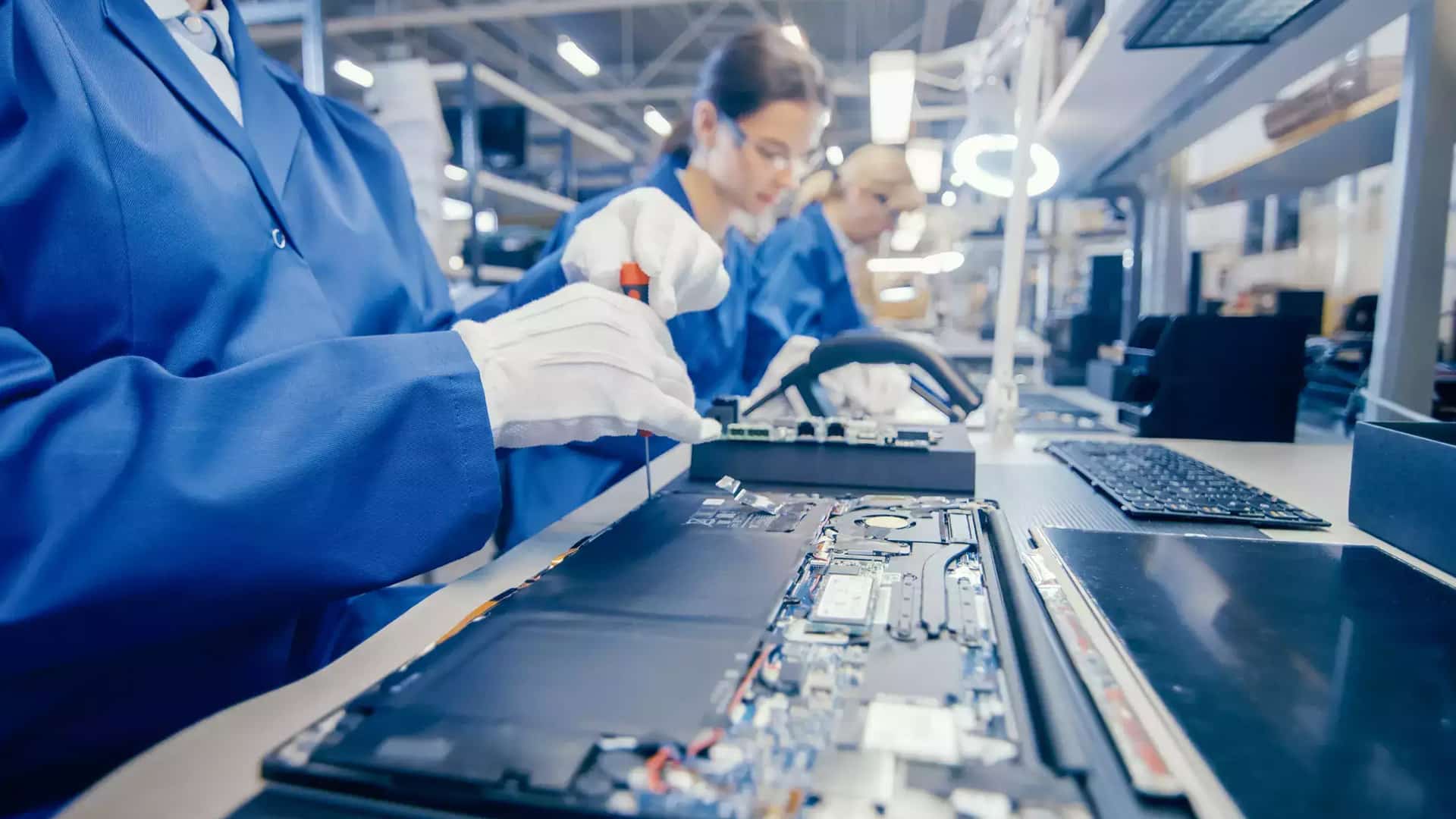Business
Disbursement under PLI scheme to hit Rs 13,000 crore this year: DPIIT secretary
The government is expected to disburse about Rs 13,000 crore to eligible firms seeking benefits under the production linked incentive (PLI) schemes, even though an exercise is going on to tweak the scheme for those sectors which have not yet picked up well, a top official said on Friday.
Secretary in the Department for promotion of Industry and Internal Trade (DPIIT) Rajesh Kumar Singh said that from the current year onwards, the disbursal number will be significantly larger. The disbursals “I think will go to about Rs 13,000 crore this year”, he told reporters here. The government disbursed only Rs 2,900 crore till March 2023 out of Rs 3,400 crore claims received under the scheme so far. The scheme was announced in 2021 for 14 sectors such as telecommunications, white goods, textiles, manufacturing of medical devices, automobiles, speciality steel, food products, high-efficiency solar PV modules, advanced chemistry cell battery, drones and pharma with an outlay of Rs 1.97 lakh crore.
Also read: Ather Energy launches 450S electric scooter at Rs 1.29 lakh
Asked about when the full fund would be disbursed, Singh said: “It is difficult to say as so many factors come into play. But we expect that during the tenure of the scheme, a good part (of that) will get exhausted.” Savings from the scheme, he said, are already being considered for other PLI schemes or for restructured PLI schemes. When asked about the restructured PLI schemes, the secretary said those are under various stages of inter-ministerial consultation. “There are some course-corrections or tweaking that are required. Some are minor, some are major and that will require higher level approvals,” he said.
PLI schemes for sectors which are not picking up well include high-efficiency solar PV modules, advanced chemistry cell (ACC) batteries, textile products and speciality steel. On the other hand, the scheme is doing good in sectors such as electronics, pharma, medical devices, telecom, food processing, and white goods. The government is trying to sort out issues such as timely processing of claims, visa-related matters where vendors require Chinese professionals’ expertise, and delay in getting environmental clearances that have been raised by the stakeholders of production-linked incentive (PLI) schemes. The purpose of the schemes is to attract investments in key sectors and cutting-edge technology; ensure efficiency and bring economies of size and scale in the manufacturing sector; and make Indian companies and manufacturers globally competitive.
These schemes for all 14 sectors have been notified by the concerned ministries/ departments after due approval. These schemes are in various stages of implementation. Out of the 733 applications selected under 14 sectors, 176 MSMEs are among the beneficiaries. Singh also said that Rs 78,000 crore actual investments have already happened and “we have already generated sales of over Rs 6 lakh crore”, exports are boosted overall by Rs 2.6 lakh crore till 2022-23 adding about 4 lakh employment. When asked about extending the PLI scheme for more sectors like toys, the secretary said an inter-ministerial process is on for that. On the recent decision to impose import curbs on laptops and computers, Singh said: “On the icensing part, I think the government has made it clear that it is going to be a liberalised licensing regime. so I do not think there is much concern about that now”.
After imposing the curbs on August 3, the government deferred the implementation of the order till October 31. About the e-commerce policy and rules, he said: “We are in the process of finalizing it… I cannot give you details.” He said that the public consultation part is over on that and it will happen soon. On the ‘fallback liability’ clause in e-commerce rules, he said: “Whatever we will do will be in line with international best practices.” The government had released draft e-commerce rules on June 21, 2021. In that, one of the proposals stated that a marketplace e-commerce entity will be subject to a ‘fallback liability’ when a seller registered on its platform fails to deliver the goods or services ordered by a consumer due to negligent conduct, omission or commission of any act by such seller.










































